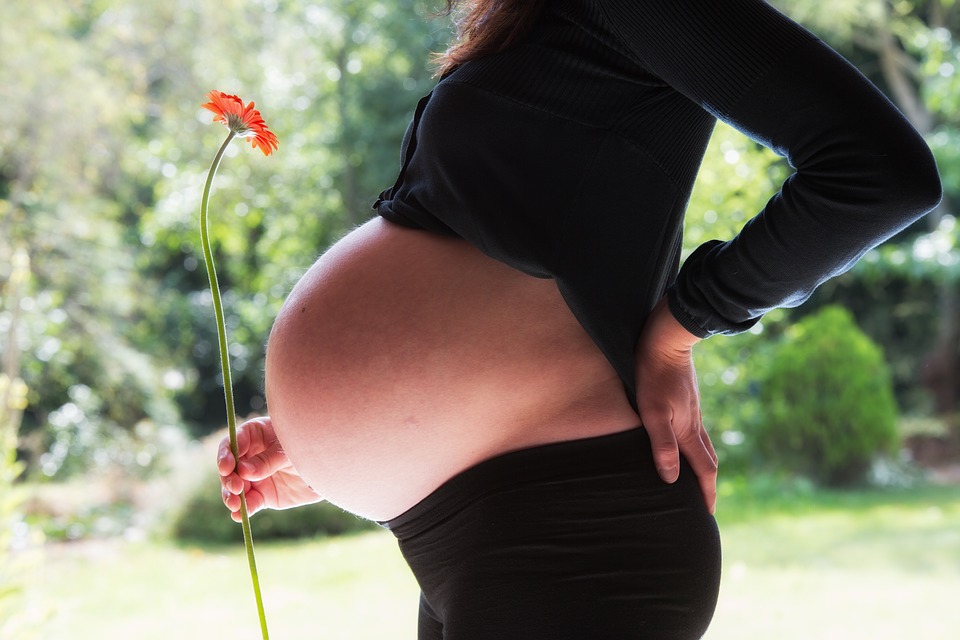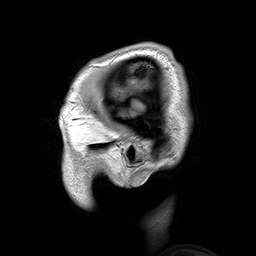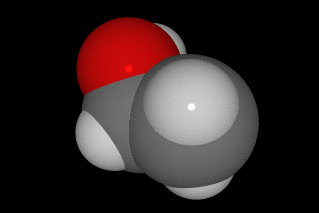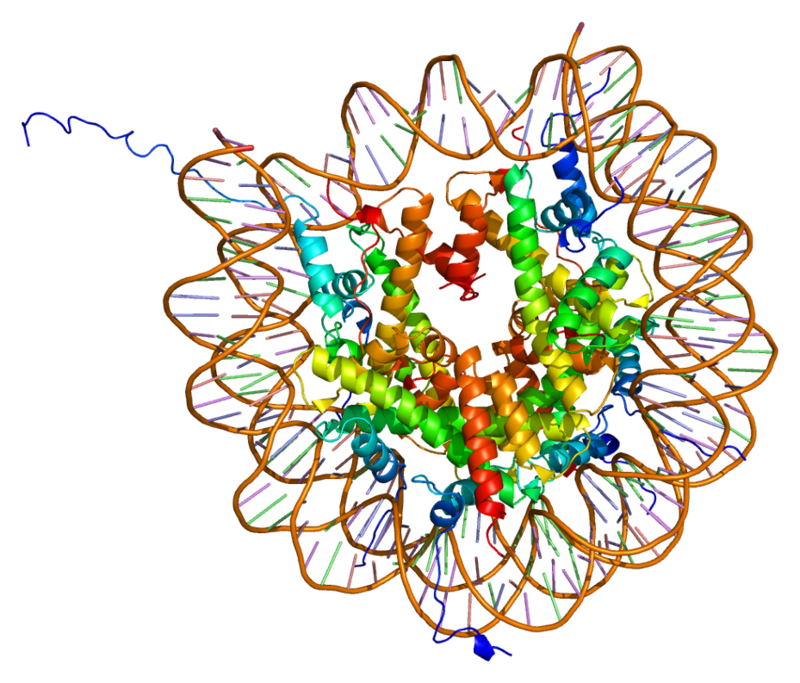You spent months taking vitamins, exercising, tracking ovulation, talking to doctors, getting fertility treatments, maybe you even have a fertility charm; and now you’re finally seeing 2 pink lines, so why not have a drink to celebrate?
You know you’ve seen the signs, posters, and news articles, they’re everywhere, telling you not to drink alcohol when you’re pregnant. But still, in Canada, roughly one percent of the population, or nine out of every one thousand babies are born with Fetal Alcohol Spectrum Disorder, or FASD. FASD is often characterized by facial abnormalities, cognitive and behavioural abnormalities, adaptive difficulties, hyperactivity and brain development delays as well as pre and postnatal growth deficiencies. People with FASD may also have neural tube and brain abnormalities, and problems with impulse control, language and memory.
That’s a pretty big impact for just one celebratory drink though isn’t it? Doesn’t your fetus have liver cells, and if so, what’s the big deal? Alcohol is a powerful teratogen: an agent that can disturb the normal development of an embryo or a fetus. Teratogens can cause birth defects, or even halt pregnancies. To get an idea what a normal development should look like, check out this TED Talk! Another common teratogen is carbon monoxide, which enters the bloodstream while smoking cigarettes. Although drinking will have more severe effects on embryos at earlier stages of development, drinking at any stage in the pregnancy can lead to the formation of FASD. Most teratogens pass easily through the placenta and into the fetal bloodstream, where it will accumulate in concentration equal to or greater than that of the mother. Because babies have not fully developed the necessary systems to break down alcohol, their blood ethanol concentrations will also remain elevated for long periods of time.
By now you’re probably reconsidering that drink, but you might be wondering what alcohol is actually doing to your unborn progeny. Alcohol does not have a specific target, and has been reported to cause teratogenesis in the brain, heart, forelimbs and eyes, as well as causing defects of the neural tube and craniofacial abnormalities. All these are incredibly diverse, and not much is left unaffected, this is because alcohol doesn’t act along one pathway, but multiple pathways to cause inappropriate apoptosis, disruption of neural development and translocation, among other things. In addition to the effects of alcohol, the main metabolic breakdown product of alcohol; acetaldehyde (a known carcinogen and germ cell mutagen) can also accumulate in the fetal blood and brain and contribute to the formation of an FASD. The presence of alcohol in the fetal bloodstream has also been known to constrict fetal blood flow, which diminishes both oxygen and nutrient delivery to the fetus, diminishing prenatal growth as well as causing cellular abnormalities.
But what does alcohol do on a cellular scale? In very general terms, alcohol alters the expression of genes involved in cell growth, apoptosis (programmed cell death), histone production and the development of the eyes, heart and nervous system. In more specific terms, the presence of alcohol in the fetal bloodstream alters the methylation of DNA, and therefore, the gene expression in affected cells.
To you, your baby may seem incredibly tiny, but it is composed of infinitesimally tinier cells, inside of which are even smaller little sacs that hold the blueprints for their entire tiny body (check out this TED Talk! for more info on DNA packaging and replication). These sacs, called nuclei contain DNA that is wrapped and stacked into progressively larger fibres. This is important, and helps to fit the 2m of DNA into the nucleus, which is only 10 micrometers across. Histone proteins directly hold the DNA, and can be modified to either wrap DNA more tightly or more loosely, these changes directly impact the access to genes, and are used by the cell to alter and regulate gene expression. Methylation of histone proteins is one of the primary modifications used to tighten the coiling of DNA, and effectively turns off the genes in the wrapped DNA because transcription proteins simply cannot access the genes. When alcohol is present in the fetal bloodstream, there is definitely altering the methylation in the histones in the nuclei of the cells in your baby, you should be worried.
If you aren’t already putting anything containing ethanol under lock and key, maybe this will help you get started. The specific genes being affected by alcohol, namely homeobox genes such as Msx2 and sonic the hedgehog are crucial for the proper development from embryo to fetus to baby. Homeobox genes, also known as Hox genes, determine the patterning of body parts, and function in telling the growing fetus where cells are (for example, in an arm, a toe, or an eye), where segments, such as vertebrae and ribs occur and how many of each part the body needs. When the expression of these genes is altered, abnormalities will almost definitely occur, in particular incomplete closing of the neural tubes during neurulation, hematopoesis (blood production) and heart defect have been observed. Hox genes are some of the first genes to activate, sculpting a small cell sausage into a baby with fingers, a brain and a tiny beating heart, they can be active before you even know you’re pregnant, so if you’re trying for a child, you should be subbing the whiskey for water.
In addition to disrupting body patterning in your beloved baby, alcohol has other, toxic effects on your unborn child. Alcohol presence increases the metabolic stress in fetuses, reduces the signalling of transcription factors, depresses gene transcription, reduces the presence of retinoic acid (which is important for gene expression and essential for normal growth) and growth factors. Alcohol’s teratogenic properties also disrupt cell-cell interactions, which are vital for normal cell differentiation, as well as reducing cell proliferation and stimulating apoptosis.
By now, we’ve established that not a lot of good can come out of drinking alcohol while pregnant, so it may surprise you to know that there are other risk factors connected with the development of a FASD in children that were exposed to alcohol in utero. Maternal age (over 30 years), stage of alcoholism, and undernutrition can all lead to increased risk or severity of FASD. Drinking alcohol while pregnant is never safe, and doing so can result in the formation of a Fetal Alcohol Spectrum Disorder in the child, symptoms of which include abnormal facial features, hyperactivity and learning disabilities: certainly not something you want to expect when you’re expecting.







Recent Comments